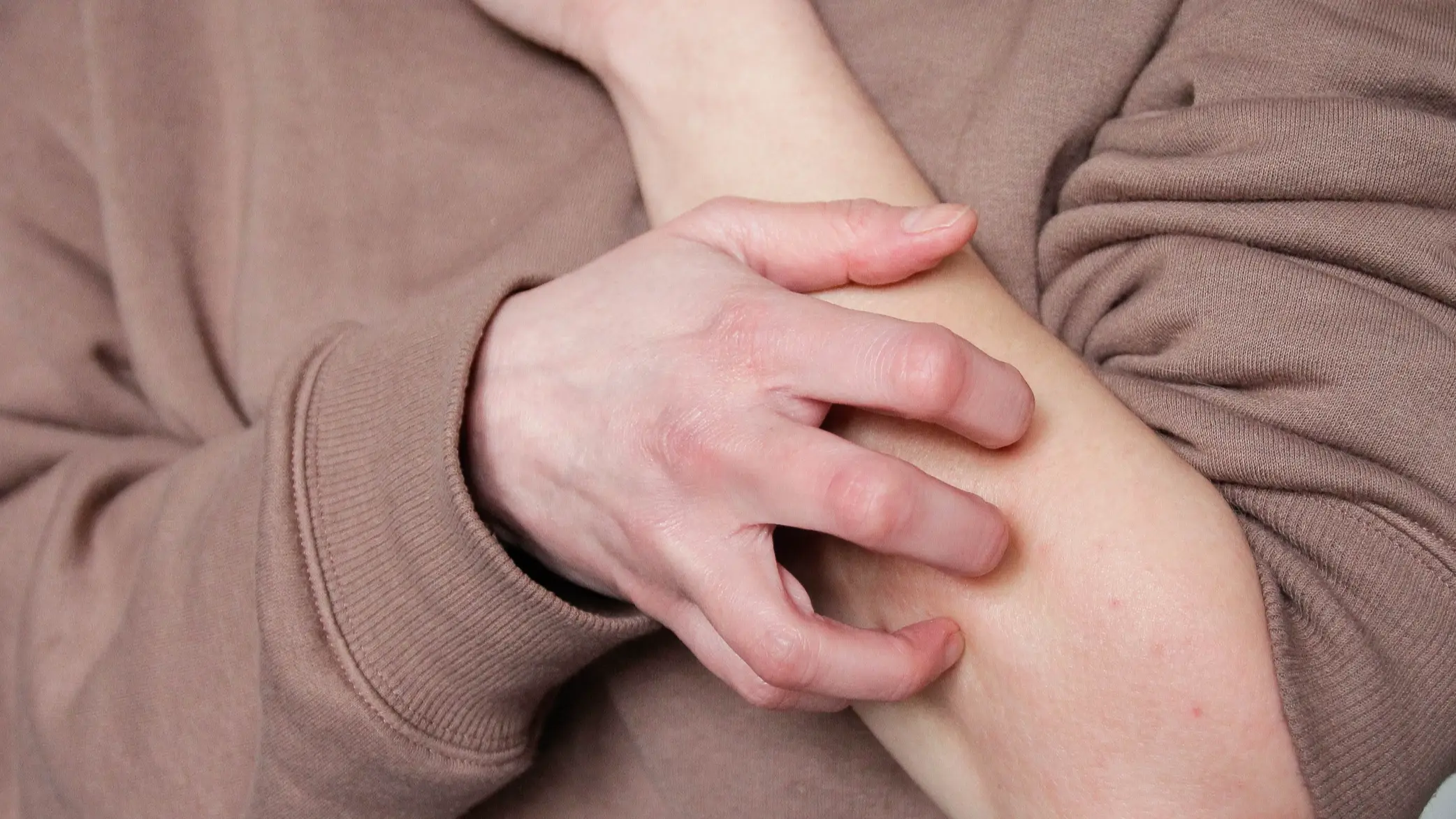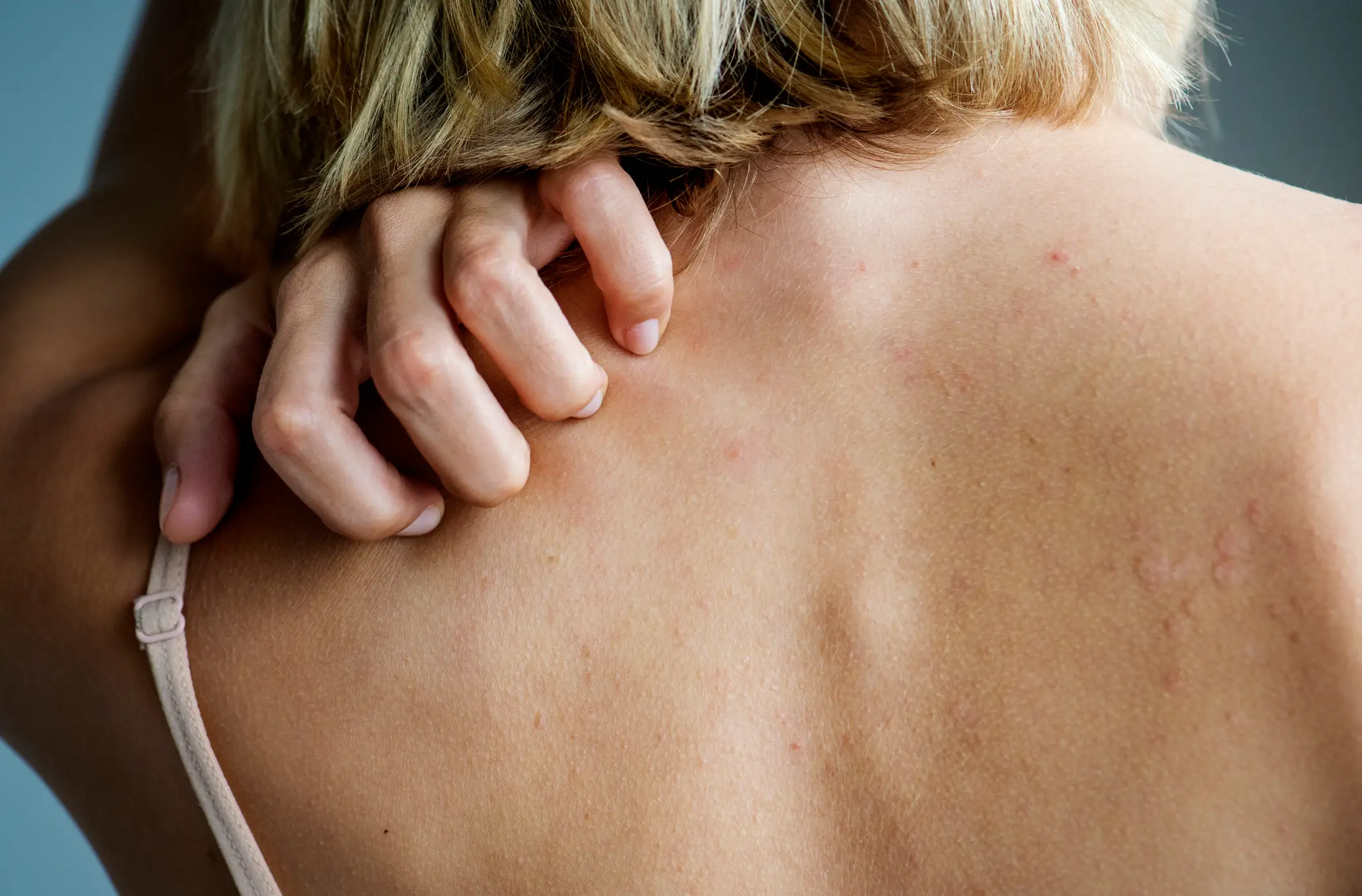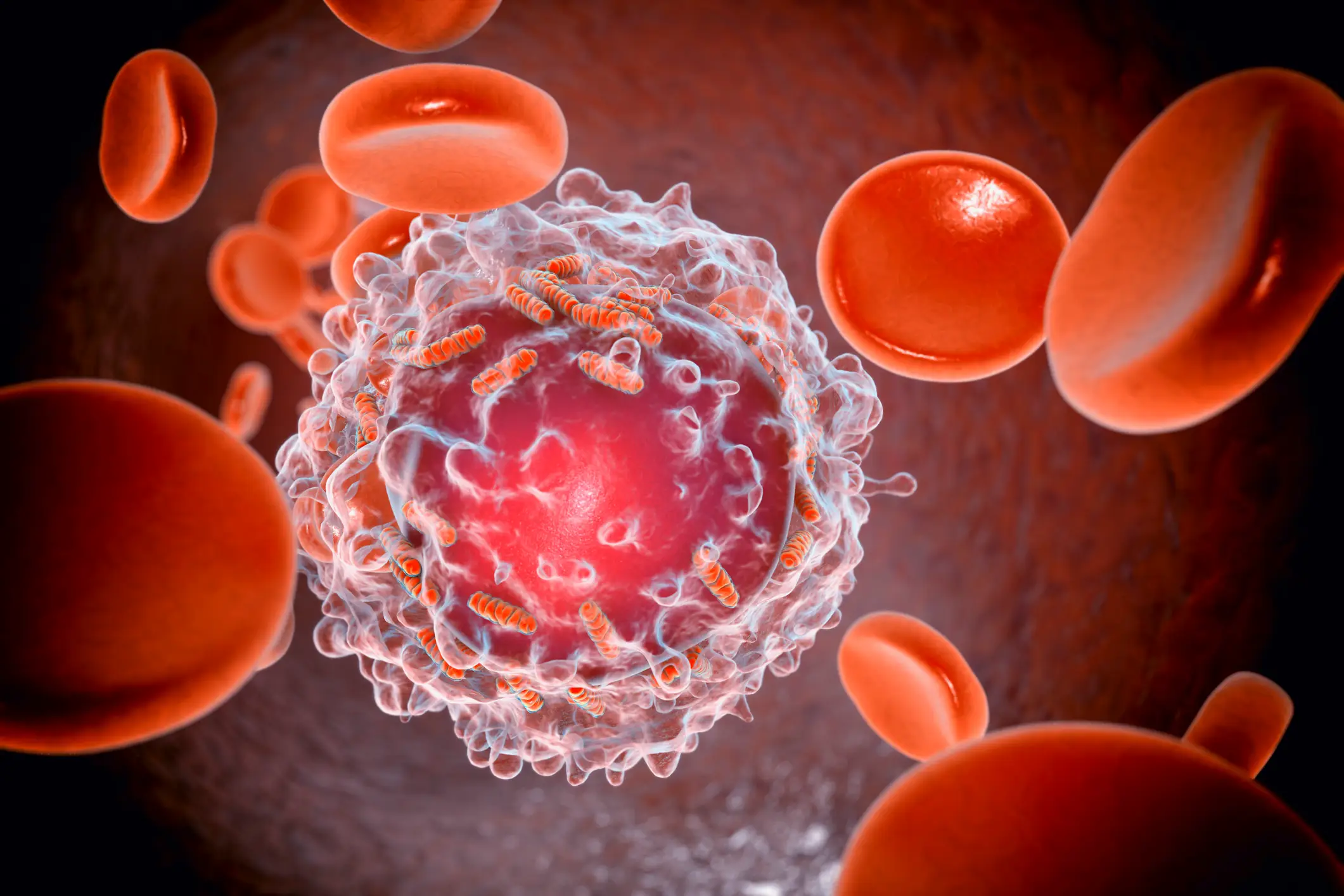
Experts have issued a warning to anyone who has itchy skin as it could be a symptom of a rare cancer.
The cancer in question is the fifth most common cancer in the whole of the UK, with over 40,000 people being diagnosed with it every year, and it is estimated that as many as one in every 16 men and one in every 22 women will develop it at some point in their lives.
However, the specific type in particular is far more rare.
It has, like several other cancers, multiple symptoms including weight loss that is unexplained, bruising or bleeding that is unexplained, lumps or swellings, shortness of breath, drenching night sweats, infections that are persistent, recurrent or severe and a fever (38°C or above) that is unexplained.
Advert
Additionally, as we say, skin itchiness is named as one of the more common ones but it's important to note that just because you have itchy skin - it doesn't necessarily mean you have cancer.

Blood Cancer UK explains that itching is a common symptom of some types of blood cancer, warning on its official website: "If you have blood cancer you might experience itchy skin. Itching can be a symptom of blood cancer or it may be caused by the treatment you are having."
Some people diagnosed with myeloproliferative neoplasms (MPNs) - which are rare, potentially life-threatening blood cancers that happen when your bone marrow makes too many blood cells - will experience itching, but it is important to note that it can occur with any blood cancer.
MPNs include MPNs polycythaemia vera (PV), essential thrombocythaemia (ET) and the rare myelofibrosis (MF).
The organisation explains that it is currently not yet known what exactly causes itching, but it’s possible it may be triggered by a type of cell called a mast cell releasing a substance called histamine.

Histamine can affect the activity of small proteins called cytokines, which are known to cause an itchy sensation.
"For some people, taking anti-histamines may help to reduce or get rid of the itch. If your itching is caused by cell activity related to your blood cancer, starting treatment can also lessen your symptoms over time, but this may not be immediate," Blood Cancer UK adds.
The organisation also notes that itchy skin can also be a side effect of some blood cancer treatments as patients may become itchy straight away after starting a new treatment, or the symptoms could come on gradually.
You can find out more about blood cancer here.
If you’ve been affected by any of these issues and want to speak to someone in confidence, contact Macmillan’s Cancer Support Line on 0808 808 00 00, 8am–8pm seven days a week.